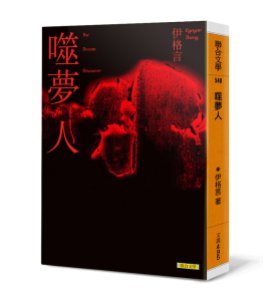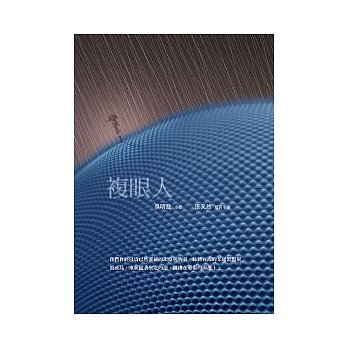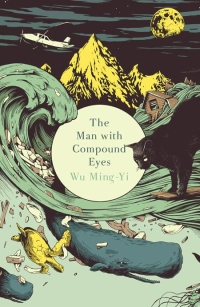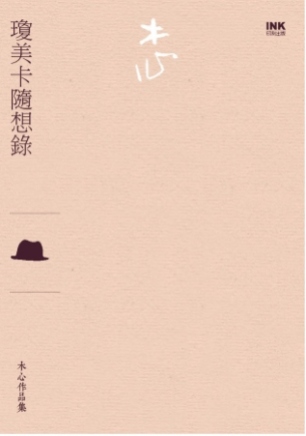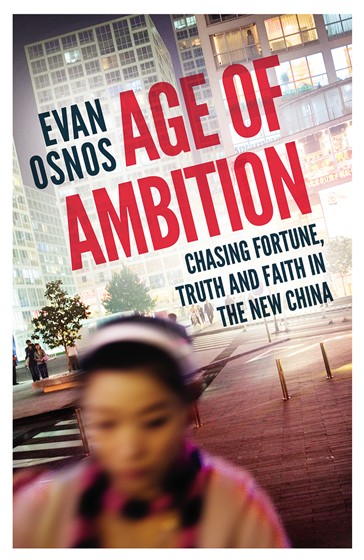 This is a great, accessible read, that offers a map for those interested in picking their way through the minefield of press reports on China, ranging from the “China threat” myth perpetuated by some of the Western press and the “China is the best thing since sliced bread” line served up by China’s state media.
This is a great, accessible read, that offers a map for those interested in picking their way through the minefield of press reports on China, ranging from the “China threat” myth perpetuated by some of the Western press and the “China is the best thing since sliced bread” line served up by China’s state media.
On my first read I felt a little uncomfortable with the same old rhetoric trotted out about China at the start of this book, which set out the argument that China is traditionally a “collective” society in contrast to the “individualist” Western society. The logic seemed slightly confused for me, as the timeline jumped around a bit, citing Liang Qichao’s invocation of Cromwell to illustrate China’s collectivism, and contrasting this to the ideals of Greek society – despite the fact that Cromwell is also “Western”. This became a lot clearer, however, when I heard a Sinica podcast on the subject, which makes the division between wheat growing cultures, herding cultures and rice-growing cultures, and explains that this division is not so necessarily East/West, but also divides different places in China. It also clarified what is actually meant by “individualist” and “collectivist” societies, which may sometimes be slightly counter-intuitive:
Listen to it here:
This also reminded me of an interview that I had subtitled on the differences between Western art and Chinese art that had sparked a long discussion between me and a Taiwanese friend, when she revealed that she thought there was inherent differences between Western and (ethnically or culturally) Chinese people, whereas I’ve always been in the “people are essentially the same” camp – it’s just about relative conservatism. The interview was with Tim Yip, the art director for Crouching Tiger, Hidden Dragon, who was talking about differences between Western and Chinese art:
I thought that it was a little inappropriate to contrast Chinese traditional art or furniture to Andy Warhol and concept art, as if that’s representative of Western tradition, but it sparked an interesting conversation with my friend and Yip raises some interesting points on the role of the artist and of religion in traditional Western art and how perceived individualism and collectivism impinges on artistic expression, although I felt his idea of Eastern tradition sounded a lot like Plato’s plane of ideal forms, despite my friend’s protestations that I just wasn’t understanding spacial dimensions of the Chinese word “境界” – which I think I translated as “aura” but could easily have been “paradigm”.
I’ve regularly engaged Taiwanese friends on the cultural exceptionalism they often use to define themselves, but am yet to find a difference that is greater than the cultural divide between me and my maternal grandmother, although in China I thought that the culture gap was a lot larger. I thought Osnos made an effort throughout the book to undermine this cultural relativism later in the book, however, by presenting a wide range of interesting and diverse individuals throughout the book, and I even suspected that this was a deliberate attempt by the author to undermine this kind of generalization. He actively debunks many of the prevalent ideas about Chinese cultural differences, particularly with the common stories featured in the news about accidents or attacks in China which include a heartless onlooker trope, like in the story about a woman attacked and killed in a McDonald’s across the street from a police station by members of a pseudo-religious organization while other patrons just looked on, or this story about a man in Yunnan who was jeered at and told to get on with it, when he was threatening to jump to his death in Yunnan. This is often attributed to a difference in cultural norms, and I’ve even heard some ex-pats insist that China has too many people for individual life to be of any value. Osnos does a good job of undercutting this trope, with reference to the case of a young girl who was killed in a hit-and-run killing, and whose body was passed over by several people before a trash collector found her and tried to get her help. By fleshing out the story and letting us see that the “heartless onlookers” in the eye-grabbing headline are more human than we’d like them to be portrayed, when he visits them and asked them why they failed to help her:
They were conscripted into a parable, but the morality play did not do justice to the layers of their lives.
Indeed, it’s in his descriptions of people, that Osnos gives us some of the most well-crafted lines in the book, like, when describing a dating site founder, he says of her:
… she was propelled by bursts of exuberance and impatience, as if she were channeling China’s industrial id.
Osnos is very insightful and sensitive in his portrayal of all the people that he presents to us in his book, and they appear completely unvarnished, giving readers an insight into how high-profile figures in the West, like Ai Weiwei are viewed in China. He knows a lot of key figures in China’s art and media scene, which allows him to pepper the book with comments from figures from China’s literary and arts scene, like Wang Shuo and Jia Zhangke, while he still gives equal weight to the Chinese everyman and those whose ambitions were never realized.
There’s an incredible range of facts in the book and lots of interesting detail, which give us the context to decisions announced dryly by the state press, and allow for a more rounded interpretation of the logic and aims of the Communist Party and what dilemmas they face as China continues to develop, along with the ideological impact of the choices they make, like the decision in 2002 to change references to the party from “revolutionary party” to “party in power,” for example.
I was also fascinated to solve a question that I still remember from my third year course in Chinese at Leeds in the UK, when we translated a text with the term “bobozu” (波波族) and there had been a debate as to where the term came from, with one of my coursemates informing us that it was an acronym for “burnt out but opulent,” which didn’t seem very relevant to the China we had left the previous year. Osnos reveals that a satirical sociological book by David Brooks had been translated into Chinese a few years earlier called Bobos in Paradise: The New Upper Class and How They Got There and had become a bestseller, “bourgeious bohemians” being the “bobo” or “bubo” in question, although I still like my classmate’s explanation better.
Osnos’ book is also very funny, with little tidbits of information that will have you chuckling, such as night schools teaching Chinese to spit liquor into their tea to avoid getting drunk when out with their bosses and the state-media accusing a Chinese nationalist blogger of being a fifty-center (paid by government to keep the public internet debate in line amongst other funny tales.
There’s also a real insight into the power of nationalism in the book, captured by the author in the words of Lu Xun on foreigners:
We either look up to them as gods or down on them as animals.
The way tools, such as patriotism, xenophobia and nationalism, are deployed in China, by the state, the media and individuals is highlighted by the author throughout the book, as well as how the state censorship machine really functions on the ground.
A worthwhile read for anyone with even a passing interest in China who wants to understand what China is really all about, and the people that constitute its citizenry. The book is divided into the three sections that are the three things most discussed in references to China by outsiders – “fortune” referring to is now the cliched “meteoric rise” of China’s economy, “truth” dealing with the media in China and censorship, and finally faith, dealing with what people often refer to as the spiritual poverty of China, and how this is rapidly changing as China opens up and people look for something beyond the physical.
5/5 Must read

